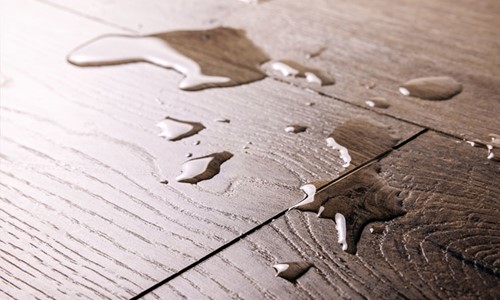
Heat Pump servicing is often overlooked as an integral part of maintaining the longevity and efficiency of a Heat Pump System. But you need to look at Heat Pump servicing like you would servicing your car – it keeps it performing well and increases the life of your investment.
Heat Pumps are all about efficiency, and by maintaining efficiency, regular servicing will keep running costs low and help it perform at its best throughout its full life cycle.
There are plenty of self-cleaning tasks you can perform on your Heat Pump that will get you great results, but to really make sure everything is working right you need to bring in the Pro’s.
The key to Heat Pump longevity is to have them serviced before you actually need to. Waiting for an issue to arise is both costly and inconvenient. A ‘pre-winter’ service of your Heat Pump each year will address any issues before those first arctic blasts of a true NZ winter hit.
Here’s a few of the tell-tale signs that your Heat Pump is in need of a maintenance service:
Brrr… where’s all the heat?!
If the air coming from your Heat Pump or from the vents (in the case of a ducted system) is not as warm as it used to be, then it’s a sign that your unit may need servicing. Not blowing warm air even at a maximum setting can be an indicator of a failing compressor or that the refrigerant level is too low. Conversely, an increase in temperature of your unit when it’s in cooling mode may indicate that the air conditioner has a dirty coil, damaged electrical components or a damaged fan motor. If you’re noticing inconsistent or reduced heat supply and it’s taking longer to heat the same space, that’s a sign your Heat Pump isn’t working to its peak performance.

Where’s the air?
The air coming out of your unit may still be warm, but if you can barely feel the air flowing, there might be something wrong - such as a malfunctioning compressor. Heat Pumps with diminished airflow will have to work harder to heat your home and in turn, result in higher energy bills.
For ducted air conditioning systems, you may notice that some rooms are receiving good air flow and others aren’t. The problem might stem from obstructions in the ductwork or indicate an issue with the compressor. Whatever the case, weak airflow should be addressed fairly swiftly.
Wet toes and tiny puddles.
A small amount of condensation or water dripping from the outdoor unit of your Heat Pump is not unusual, but for the most part, the unit should be dry whether or not it’s in use. Any moisture from the indoor unit or a sudden increase in condensation or a leak means it may be time to call in the service technicians.
Moisture or leakages can be a result of a refrigerant leak or issues with the condensation not being able to drain correctly from your unit. Either way this is something that will need to be addressed to mitigate any further, and larger, issues down the line.

What’s that smell?
If you start to notice strange or foul smells when your Heat Pump is turned on, it may well be a sign of burnt wire insulation or even something more sinister.
If you notice a musty smell, then it could mean that there’s mould growing inside your unit – something that’s a health risk to you and your family.
You should act on this one fairly swiftly to enable the technician to confirm the underlying issue and make the proper repairs as soon as possible.
Mysterious sounds
A functioning air conditioning system should be as quiet as a human whisper (less than 30 decibels). There may be the occasional sound as it cycles but any noises different from the norm are a sign that something’s not quite right.
Minor noise changes could indicate a malfunctioning fan or a loose part. However, persistent increased noise levels and any rattling, buzzing, screeching, grinding or ticking usually mean there is a more serious problem which may lead to a complete system fail. Call the professionals in before the problem escalates to a full-replacement.

The power bill is HOW much?
A spike in your energy consumption is more than just a shock - it’s one tell-tale sign that your Heat Pump isn’t working at its peak efficiency. Even if it seems to be functioning ‘normally’, a surge in energy costs may mean it’s using extra power.
If the system is overworking, the diminished heating capacity will raise energy costs as your unit struggles to maintain the desired temperature. The culprit could be blocked filters, a compromised compressor or a refrigerant leak – all of these elements will be looked at and addressed in a regular service by a qualified Heat Pump technician.
At the end of the day, the best thing you can do to extend the life and efficiency of your Heat Pump is to have it professionally serviced once a year. A professional technician will do a comprehensive investigation of your whole system and carry out a routine maintenance service, and be able to let you know if anything might need further repair.
It’s about more than just staying comfortable during the winter months – a Heat Pump working to its full capacity means reduced energy costs, reduced noise levels, improved air quality, and better overall performance.
Read more: How to get the best from your heat pump!
Keep your family safe and warm this winter with Rinnai – the experts in home comfort.